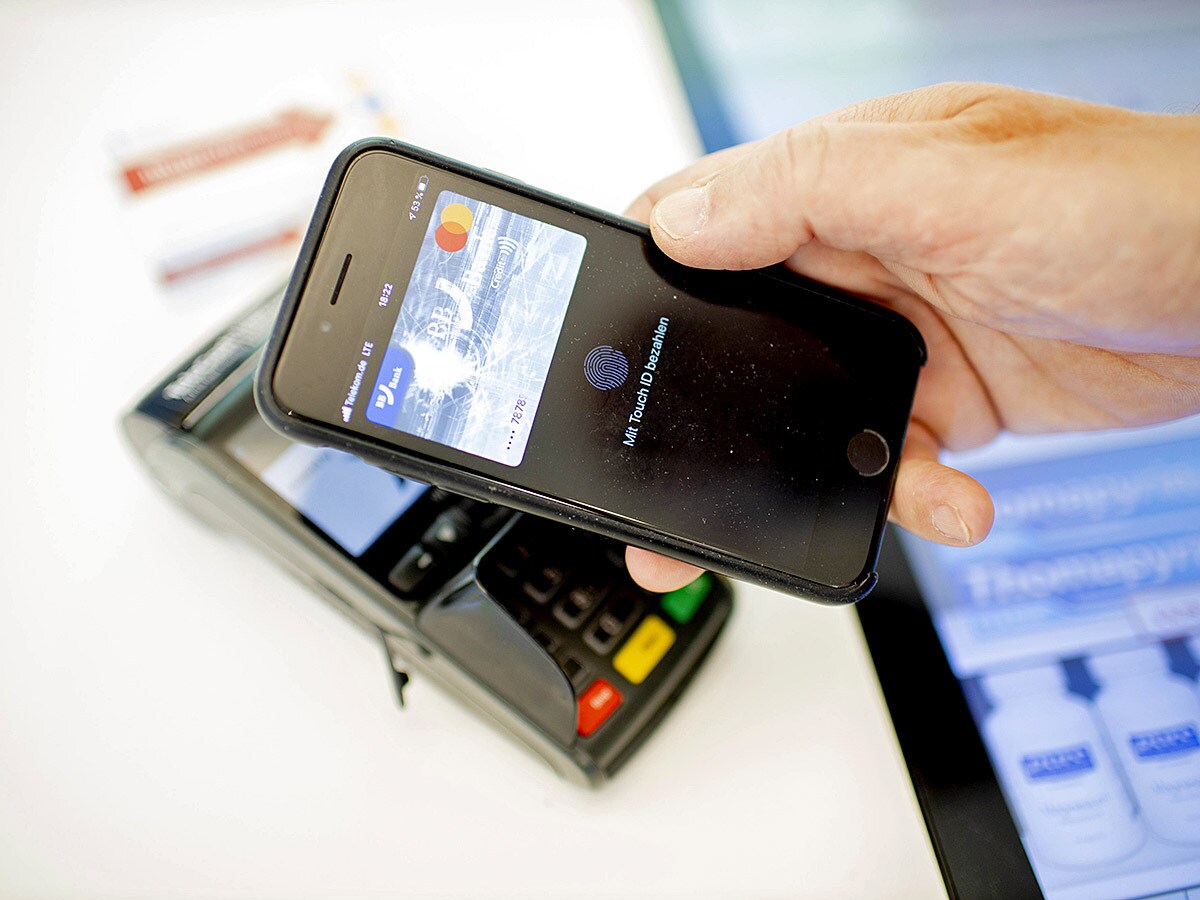In early August, tech giant Apple [AAPL] launched a partnership with ‘buy now pay later’ (BNPL) fintech company Affirm [AFRM] for its customers in Canada. However, the Apple share price has been flat since then, rising just 1.3% between 3 August and 15 September.
Under the agreement, some buyers of Apple products in Apple stores or online have the option at checkout to pay for their iPhones or Macs in instalments over 12 or 24 months with zero interest.
The BNPL trend lit by Affirm and other fintech firms, such as Afterpay [APT], is catching fire, particularly among younger consumers wary of building up high credit card debt on expensive purchases. Retailers also like it because it can lead to better cart conversion and order value.
Globally, Financial Technology Partners believes BNPL will climb from 2.1% of all ecommerce payment methods in 2020 to 4.2% in 2024.
Apple’s expansion into fintech
Apple is reportedly working on another BNPL service called Apple Pay Later – with Goldman Sachs [GS] as a lender – allowing customers to spread payments over time. It is said to be considering either a zero-interest model consisting of four payments or a plan with interest running over several months. A launch could come as soon as the end of this year.
“Apple Pay Later has the potential to fuel even greater disruption since, unlike other offerings, it’s poised to relocate a line of credit to another financial institution,” Strategic Resource Management’s Myron Schwarcz and Larry Pruss wrote.
“Apple Pay Later has the potential to fuel even greater disruption since, unlike other offerings, it’s poised to relocate a line of credit to another financial institution” - Myron Schwarcz & Larry Pruss
It’s all part of Apple’s ambition to add services and fintech options to its existing hardware and cool designs. “This is Silicon Valley versus the banking system,” Matthew Wilson, an analyst at Evans and Partners, told the Sydney Morning Herald. “Apple is stepping in between the bank and the customer. Everyone wants to own the customer, the distribution/network return is more valuable.”
However, John Lobb, portfolio manager at Insync Funds Management, told the same paper that a major expansion in finance would not make much sense for Apple. He expects the focus to remain the iPhone.
“I just don’t think the finance side of things is ever really going to shoot the lights out [for Apple],” said Lobb.
If not the ‘fin’, then maybe the ‘tech’ might play a bigger part in Apple’s future as it is also said to be looking at iPhone satellite connectivity. TF International Securities analyst Ming-Chi Kuo believes this could lead to a partnership with satellite technology company Globalstar [GSAT].
Apple’s shares have been on the tear from $123.36 at the close on 3 June to $149.03 at the close on 15 September. JPMorgan analyst Samik Chatterjee expects it to go higher with a target price of $180.
A natural extension of Apple’s ecosystem
What does the Apple and Affirm partnership mean for the payments market competition?
Not much, Wedbush Securities analyst Moshe Katri told Bloomberg. “We believe the concerns over the competitive impact of added BNPL offering by Apple are overblown. All these… companies, including PayPal [and] Affirm have already built [an] ecosystem offering products and services around the merchants they serve. BNPL is just another product or service offered to merchants as a natural extension of Apple’s ecosystem."
However, other analysts believe Apple Pay could be a threat given its wide reach and consumer experience.
“We believe the concerns over the competitive impact of added BNPL offering by Apple are overblown” - Wedbush Securities analyst Moshe Katri
Affirm, which listed on the Nasdaq in January, is not standing still. It has recently sealed a BNPL deal with Amazon allowing its customers to break up purchases of $50 or more into smaller instalments.
Bank of America are positive about the deal, highlighting Affirm’s “technological leadership and strong reputation in the BNPL market”. Barclays is also bullish, giving Affirm an overweight rating and upping its price target from $115 to $140. Affirm’s shares sat at $109.75 on 15 September.
A fintech shopping spree?
JPMorgan said Affirm’s rise could prick takeover interest from the likes of Amazon [AMZN], Stripe, Shopify [SHOP] or PayPal [PYPL].
PayPal is unlikely to make that move now, given that it paid $2.7bn to buy Japan’s BNPL fintech Paidy in September. Its shares have risen from $268.84 at the close on 18 August to $280.49 at the close on 13 September.
Payment firm Square [SQ] has also joined the BNPL train announcing a $29bn purchase of Australia’s Afterpay [AFTPY] in early August. Since then its shares have gone down under, falling from $272.38 at the close on 2 August to $282.43 at the close on 15 September.
“It could help Square make a big splash in the BNPL space while also bolstering its international growth plans. We believe that the Afterpay deal will provide additional opportunities to enhance long-term growth and profitability” - Mayank Tandon, analyst at Needham
Analysts are bullish about Square’s prospects, with JPMorgan having a $320 target price and Needham with a $350 price target.
“It could help Square make a big splash in the BNPL space while also bolstering its international growth plans. We believe that the Afterpay deal will provide additional opportunities to enhance long-term growth and profitability,” Mayank Tandon, an analyst at Needham, said.
Continue reading for FREE
- Includes free newsletter updates, unsubscribe anytime. Privacy policy





